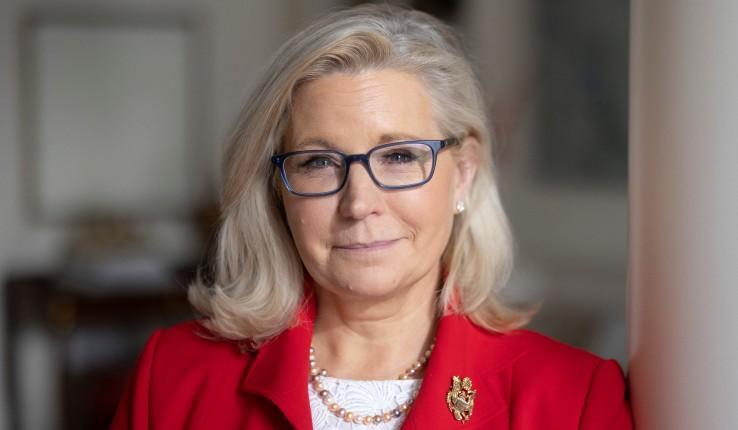If people tell Ezra Klein they shop at Whole Foods or live in an urban versus rural area, he probably can tell which political candidates they voted for.
It hasn’t always been that way. But today he said, the country’s political landscape has become increasingly polarizing, and social identities, ideologies, religion and geography give Klein much more predictive power over one’s political preferences than it did 50 years ago.
Klein, a New York Times opinion columnist and Vox founder, discussed polarization and issues with American politics Tuesday night as he virtually delivered the 25th Kenner Lecture on Cultural Understanding, “What We Can Do About Toxic Polarization,” to over 600 attendees.
The author of Why We’re Polarized, a bestseller about America’s political system, and podcast host of the self-titled “Ezra Klein Show” spoke for nearly 35 minutes, defining polarization and toxic polarization in politics and proposing ways to fix what politics is supposed to do: give people a venue in which to work out their argument. The evening ended with a 20-minute question-and-answer session moderated by Anthony DiMaggio, associate professor of political science.
Too often, people confuse polarization with bitterness and anger, said Klein, who defined polarization, a term for magnets, as “splitting around two poles.” The question in relation to politics, Klein said, is ‘How are you polarized?’ Currently, he said, we are splitting into either the Democratic or Republican party, polarized by ideology.
“It didn't used to be true that cities were Democratic and rural areas Republican,” Klein said. “The South was Republican and the North was Democratic.”
But Klein argued that polarization can be good, if it is creating healthy disagreement and allowing societal problems to be worked out. And, he said, the opposite of polarization–when two sides disagree on topics—is often suppression, which is much worse. He said the mid-20th century, a time in which party polarization was at its lowest point in Congress, was “a time of terrible fracture in America, particularly over race.”
A large number of southern, racist Dixiecrats were in the Democratic Party, Klein said, while the Republican Party was made up of northern liberals as the parties tried to suppress arguments about race. The Democrats used their power on the committees and the filibuster in the Senate, to prevent passage of laws that addressed lynching, voting rights and civil rights.
“That is not better,” Klein said.
“How do I define toxic polarization?” he asked. “Toxic polarization, I think, is division that drives division, not resolution.” He said he doesn’t believe politics shouldn’t solely be about intensifying or amplifying arguments, even though that’s largely what it has become in America.
Next, Klein explained how politics is supposed to work in theory.
He said there are two mechanisms used to solve arguments: elections and policy. Policy is implemented and judged by people on whether it resolves arguments. Elections then resolve the argument of who has the power to make policy.





